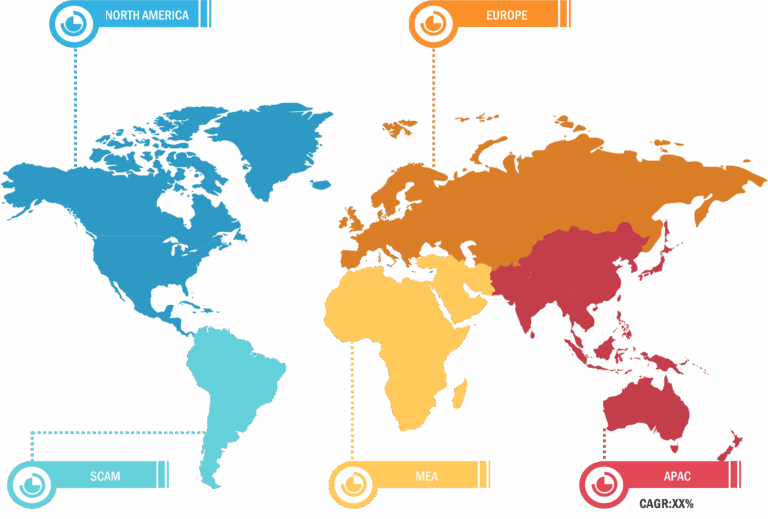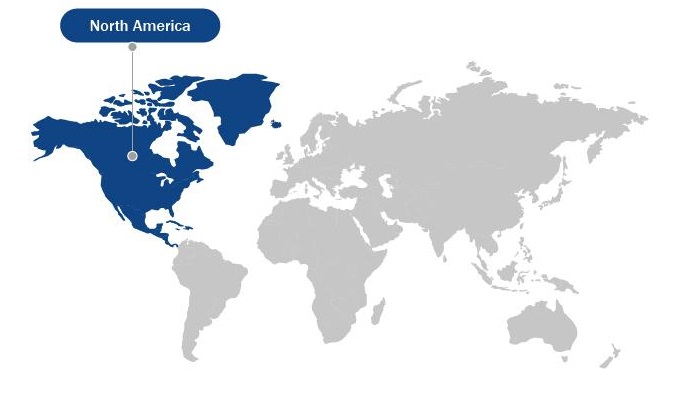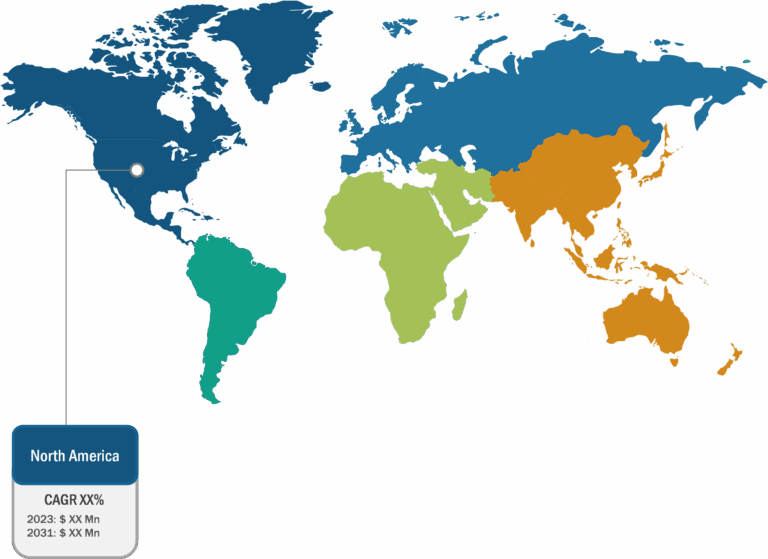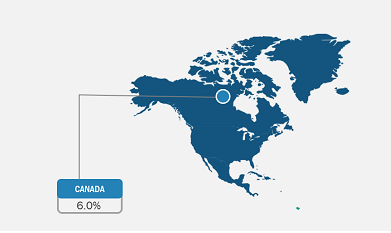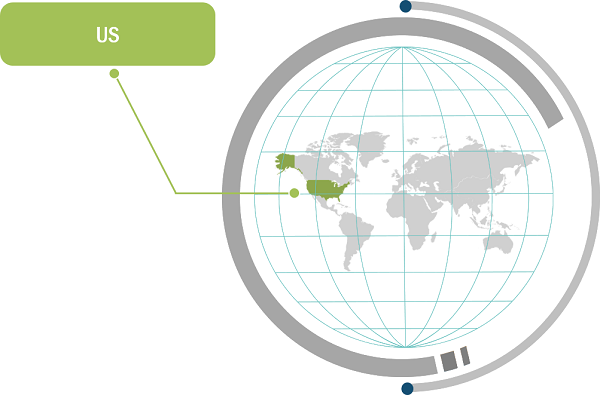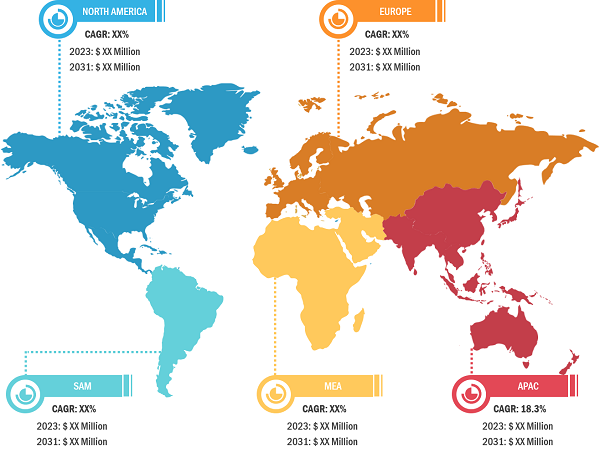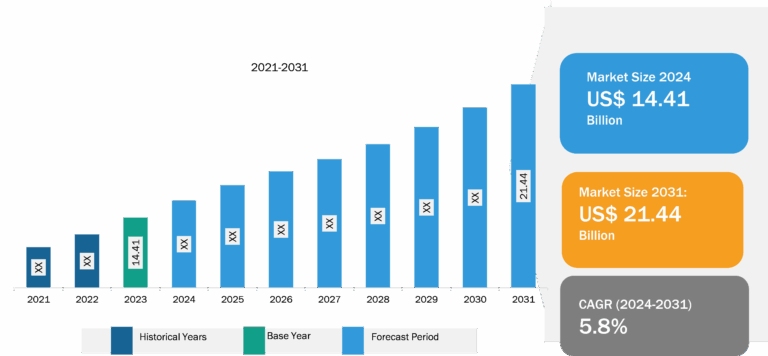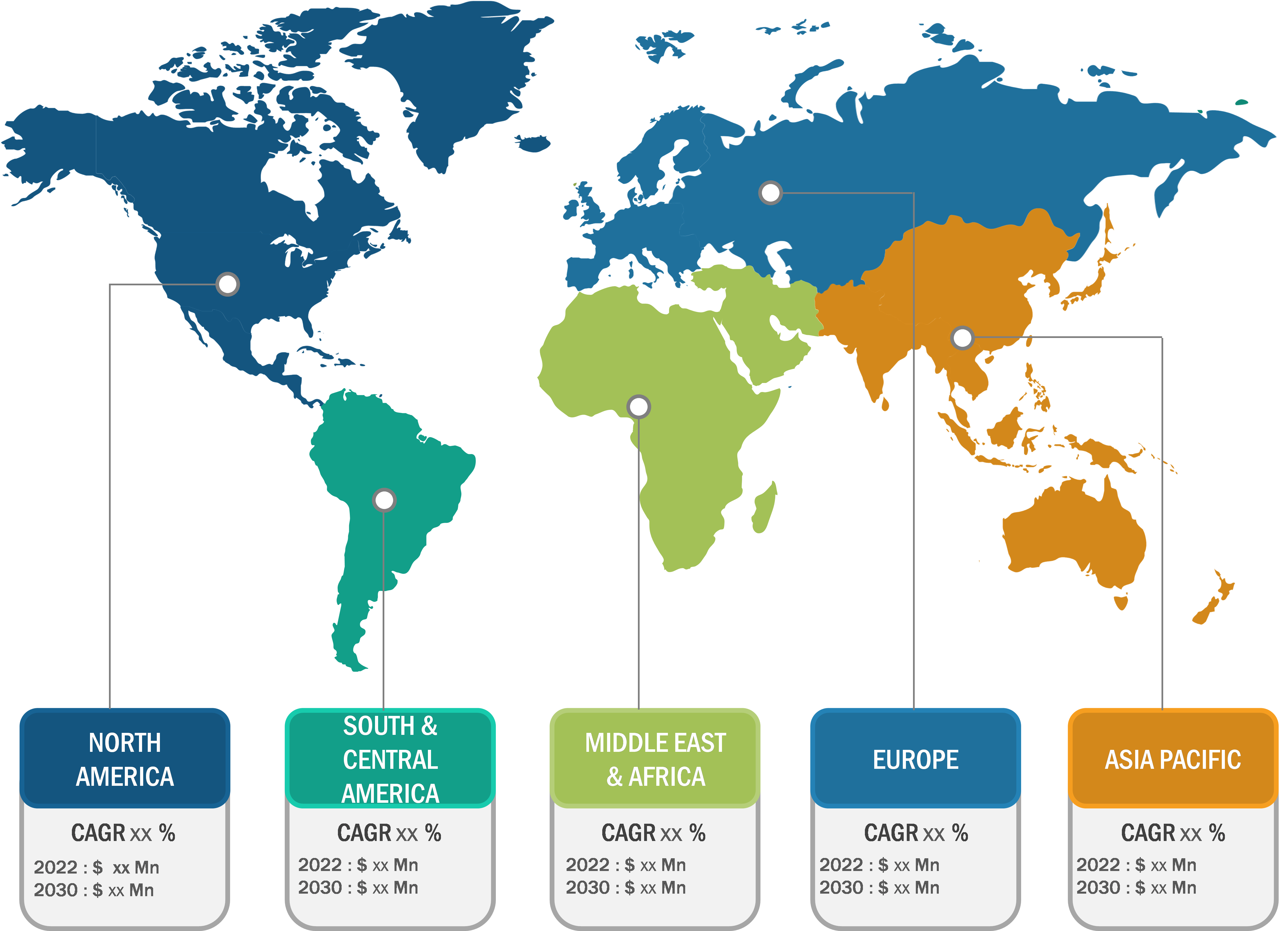
PCR Technologies Market
The PCR technologies market report highlights market drivers fueling the market and restraints hindering market growth. Factors such as the rising prevalence of genetic and infectious diseases and surging investments and funds for PCR technologies propel the market growth. However, the high costs of PCR systems and the availability of alternative assays impede the PCR technologies market growth.
PCR is crucial in clinical settings as it enables rapid and precise detection of genetic variants, infectious diseases, and biomarkers. A popular molecular biology technique called polymerase chain reaction (PCR) amplifies DNA and RNA sequences, enabling various applications in research, diagnostics, and other areas. In addition, the need for PCR-based diagnostics has been fueled due to the increasing prevalence of chronic diseases and developments in genomic research. Additionally, automation, integration, and ongoing improvements in PCR instruments, chemicals, and software have increased the performance, sensitivity, and efficiency of workflows, thereby driving the expansion of the market.
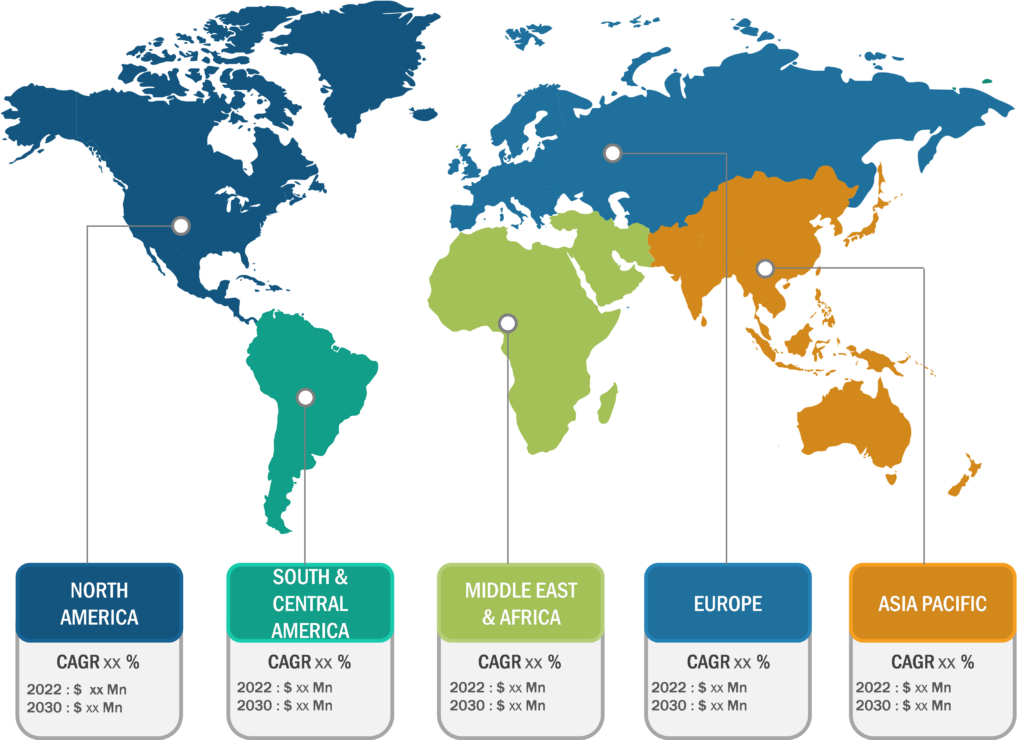
Surging Investments and Funds Availability for PCR Technologies Propels PCR Technologies Market
Government and federal agencies worldwide recognize the role of quantitative polymerase chain reaction (qPCR) and dPCR products in genome-based research. In February 2019, Genome Canada partnered with the federal government of Canada and various provincial governments, companies, and research groups. Genome Canada received ~US$ 42.6 million through these partnerships in funding for bioinformatics and human health genomics projects. Visby Medical, an infectious disease diagnostics company based in the US, obtained funding from the National Institutes of Health (NIH) in October 2020 for Phase 2 of its Rapid Acceleration of Diagnostics (RADx) initiative.
In 2021, Camena Bioscience, a synthetic biology startup that supplies genes to the biotechnology and pharmaceutical sectors, completed a US$ 10 million Series A funding round headed by Mercia. With the additional funds, the company expanded its operations and continued the development of its ground-breaking DNA synthesis platform—gSynth. The technology platform and other related resources help the company accelerate the development of gene synthesis. Several companies have also increased their research and development funds to enhance gene synthesis. In 2020, EVONETIX LTD, a synthetic biology startup that creates a desktop platform for high-fidelity, rapid, and scalable gene synthesis, announced the completion of its Series B financing round. The company, led by new investor Foresite Capital, raised US$ 30 million (£23 million) in this round. Therefore, increasing financial support for research and development in disease-specific genomics propels the demand for PCR technologies.
The global PCR technologies market is segmented by region into North America, Europe, Asia Pacific, the Middle East & Africa, and South & Central America. The North America market is expected to grow with a CAGR of 8.3% from 2022–2030. The increased demand for innovative products from bioanalytical instrument manufacturers and PCR companies, the presence of key market players, and extensive R&D conducted across various academic and research institutes are factors leading to market growth in the region. The Asia Pacific PCR technologies market holds the fastest CAGR. The factors contributing to the market progress in this region include the increasing foreign direct investments, the large availability of highly skilled, efficient workforces, and the streamlining of government policies, resulting in high investments in the biotechnology sector.
PCR Technologies Market: Segmental Overview
The “Global PCR Technologies Market” is segmented on the basis of technology, offering, application, end user, and geography.
Based on the offering, the PCR technologies market is segmented into reagents and consumables, instruments, and software and services. The reagents and consumables segment held the largest market share in 2022. Moreover, the same segment is anticipated to register the highest CAGR of 9.1% during 2022–2030. Reagents and consumables are essential parts of the PCR procedures. It includes buffers, probes, enzymes, dyes, vials, kits, and panels. Also, several kits are available for gene expression analysis, SNP genotyping analysis, microRNA analysis, and others. The growing demand for earlier detection of disease, widespread use of consumables and reagents, and expanding demand for PCRs for healthcare, research, and other purposes have significantly fueled the market for the segment. The presence of manufacturers, such as Thermo Fisher Scientific, Kaneka Eurogentec S.A., and QIAGEN, characterizes the reagents and consumables segment. Further, frequent product launches, rising acceptance of technology innovations, and increasing availability of the products are also among the major factors contributing to the market growth for the segment.
Based on end user, the PCR technologies market is segmented into hospitals and diagnostic centers, pharmaceutical and biotechnology companies, research laboratories and academic institutes, and others. The hospitals and diagnostic centers segment held a larger market share in 2022. Moreover, the same segment is anticipated to register a higher CAGR of 8.7% during 2022–2030. Hospitals and diagnostic centers contribute a significant market share to the PCR technologies market. Hospitals are the primary centers for patients seeking highly advanced treatment under the guidance of highly trained personnel. Various PCR technologies, such as dPCR and qPCR, offer high sensitivity and specificity, allowing early and accurate detection of pathogens, including bacteria, viruses, and fungi. Hospitals also offer advanced diagnosis and treatment options for patients to treat acute and chronic conditions, and the adoption of PCR techniques is much higher in hospitals and diagnostic centers as they provide healthcare facilities with specialized scientific equipment. Diagnostic laboratories are well-equipped with hi-tech equipment that enables easy workflow and management of various samples to be tested. For instance, Bio-Rad Laboratories, Inc., Fluidigm Corporation, Eppendorf, and Agilent Technologies, Inc. offer PCR devices to hospitals and diagnostic centers based on their capacity and requirements.
PCR Technologies Market: Competitive Landscape and Key Developments
Atila Biosystems, Thermo Fisher Scientific, Inc.; Takara Bio Inc.; Standard BioTools Inc.; F.Hoffmann-La Roche AG, Bio-Rad Laboratories, Inc; Agilent Technologies, BIOMERIEUX, QIAGEN, Promega Corporation; Becton, Dickinson and Company; Visby Medical, Inc.; and Ellume Limited are among the leading companies operating in the PCR technologies market. These companies focus on new product launches and geographical expansions to meet the growing consumer demand worldwide and increase their product range in specialty portfolios. They have a widespread global presence, which helps them to serve a large set of customers and subsequently increase their market share.
Market players are launching new products in the market. Below are a few instances:
- In February 2023, Thermo Fisher Scientific Inc. launched a complete set of PCR technologies in India. The company has launched PCR kits, which include Applied Biosystems TaqPath PCR kits for infectious diseases such as M. Tuberculosis complex (MTB), Hepatitis B Virus (HBV), Multi-Drug Resistant Tuberculosis (MTB MDR); Hepatitis C Virus (HCV); Human Immunodeficiency Virus (HIV); and for genetic analysis (HLA B27). The company has received licensing rights from the Central Drugs Standard Control Organization to manufacture in India with Mylab Discovery Solutions.
- In March 2023, Agilent Technologies Inc. introduced a real-time reverse transcription (qRT) PCR-based diagnostic kit to detect SARS-CoV-2 RNA. The CE-IVD label was distributed immediately and complied with European Union In Vitro Diagnostic Directive 98/79/EC. The purpose of Agilent’s kit is to qualitatively identify the N1 and N2 targets of SARS-CoV-2 RNA extracted and purified from nasopharyngeal swab specimens, as suggested by the CDC. Increased efficiency, enhanced throughput, reduced consumable usage, and clear results are all advantages of the single-tube assay that contribute to test result confidence.
- In September 2023, The PTC Tempo 48/48 and PTC Tempo 384 Thermal Cyclers from Bio-Rad Laboratories Inc. were intended to facilitate PCR applications in fundamental and applied research, process development, and quality control. These systems were the newest additions to the traditional PCR heat cycler lineup from Bio-Rad.
- In October 2023, The company introduced the X9 Real-Time PCR System, a next-generation system platform with an easy-to-use user interface that combines all the functionality of its previous platforms into a single, incredibly small footprint. It also obtained important development partnerships, such as those for OEM systems developed with microfluidics technology.
- In November 2023, F. Hoffmann-La Roche Ltd announced the launch of its next-generation qPCR system, the LightCycler PRO System. The system is intended to diagnose breast carcinoma specimens and assess HER2-positivity. The device will not assess HER2-low expression.
- In November 2023, QIAGEN launched three new kits for use on its QIAcuity systems and a major new software update designed to expand the portfolio of applications for digital PCR technology in areas like cell and gene therapies, DNA and RNA quantification, and food and pharmaceutical safety.

